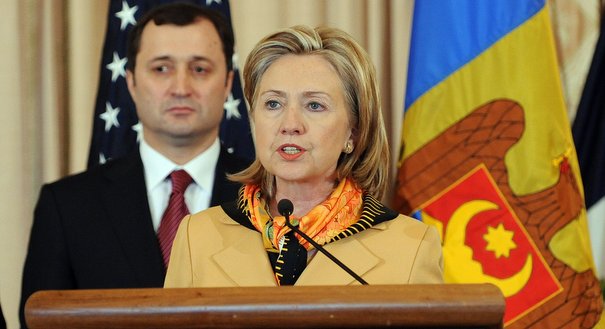The Millennium Challenge Corporation is an unique and valuable U.S. development tool that could reach its full potential if protected from Washington’s emphasis on short-term political victories.
Key Conclusions:
- By making significant funding available to countries that pursue good governance, invest in health and education, and adopt sound economic policies, the Millennium Challenge Corporation (MCC) has performed admirably since it was established in 2004.
- The goals of the MCC reflect core American values that, if properly explained and marketed, would resonate with most Americans. Only countries with good policies and proven results are eligible for funding.
- The MCC’s creation stemmed from a half century of mixed results from international development programs and growing understanding that aid works best when countries undertake meaningful economic and political reform.
- With an unprecedented amount of transparency, the MCC’s selection process for recipient countries has fostered competition among countries and encouraged their leaders to make meaningful policy changes.
- MCC compacts generate significant goodwill in recipient countries, build technical expertise and capacity, and advance U.S. foreign policy objectives.
Recommendations for U.S. Policy Makers:
- Avoid Washington’s “business as usual” approach: An attempt to institute earmarks and buy American provisions in MCC compacts would contradict MCC’s goal of encouraging recipient country ownership.
- Maintain MCC’s independence: The agency’s success depends on its insulation from the short-term political pressures of the State Department and other agencies. Ongoing reviews of the U.S. foreign aid structure (including the Quadrennial Diplomacy and Development Review) should recognize that merging MCC into State or USAID would alter its core goals.
- Get serious about foreign assistance: Foreign aid makes up significantly less than 1 percent of the U.S. annual budget. Lacking a domestic constituency, the push for foreign assistance will have to come from within Congress and from the executive branch.
- Take a long-term view: Funding tied to immediate results doesn’t allow the MCC to pursue projects that carry a risk of failure but could have a big payoff down the road.
- Remove funding restrictions: The MCC is banned from giving more than 25 percent of its funds to low-middle-income countries—an unnecessarily strict requirement that prevents the United States from helping countries with severe poverty challenges.







